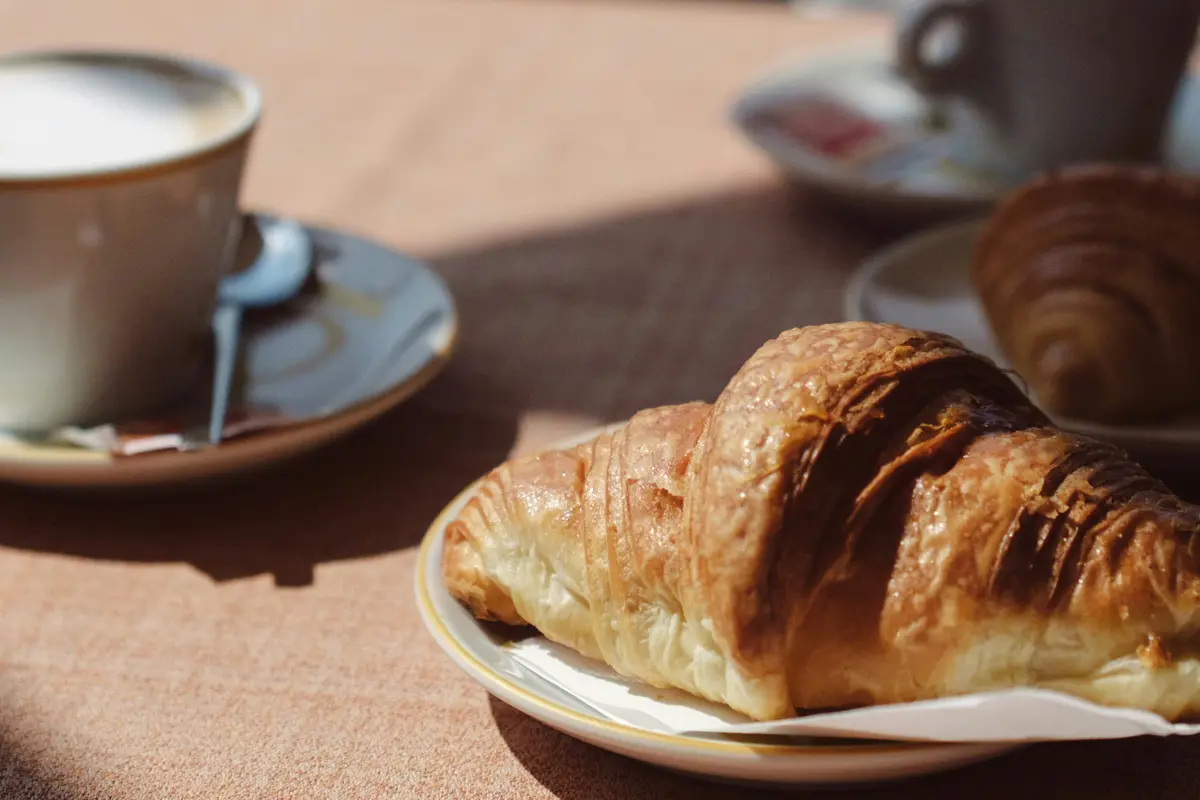
If you’re wondering how to say good morning in Romanian language, the quick answer is: “Bună dimineața” (pronounced BOO-nuh dee-mee-NEH-atsa). This is the most common way Romanians greet each other in the morning, and it works in both formal and informal contexts.
But greetings in Romania carry more than just words — they reflect respect, warmth, and cultural traditions. In this guide, we will learn how to **say good morning in Romanian. We will also discuss when to use it, other options you can try, and tips to sound natural when greeting locals.
Table of Contents
Open Table of Contents
1. What Does Bună dimineața Mean?
The phrase “Bună dimineața” literally translates to “Good morning”.
- Bună = Good
- Dimineața = Morning
It is polite, widely understood, and suitable for nearly every context — whether greeting a friend, a colleague, or a shopkeeper.
Interestingly, Romanians may sometimes shorten phrases in casual speech. You might hear just “Bună” among younger people or even a playful “Neața”. These variations still carry the same meaning but reflect the relationship between speakers.
2. Pronunciation Guide
Pronouncing Romanian words is easier than it looks because Romanian is a phonetic language. This means you pronounce words as they are spelled.
| Romanian | IPA | Approx. English Sound |
|---|---|---|
| Bună | /ˈbu.nə/ | “BOO-nuh” |
| dimineața | /di.miˈne̯a.t͡sa/ | “dee-mee-NEH-atsa” |
💡 Tip: Stress falls on the third syllable in dimineața → mee-NEH.
To improve, try recording yourself saying the phrase and comparing it to native speakers. Many Romanian learners also find that breaking the word dimineața into smaller chunks (di-mi-NE-a-ța) helps them pronounce it more smoothly.
3. Formal vs Informal Usage
- Formal: Use Bună dimineața with teachers, elders, business meetings, or strangers.
- Informal: With friends or family, many Romanians simply say Bună (Good/Hi).
Example:
- Formal: Bună dimineața, domnule profesor! (Good morning, professor!)
- Informal: Bună! Ce faci? (Morning! How are you?)
Romanians value politeness in speech, especially when meeting someone for the first time. A respectful greeting sets a positive tone for the conversation.
4. Alternative Morning Greetings
While Bună dimineața is the standard, here are other phrases you may hear:
| Romanian Phrase | Meaning | When to Use |
|---|---|---|
| Salut | Hi | Casual, with friends |
| Bună ziua | Good day | After late morning (11 AM onward) |
| O dimineață frumoasă! | A beautiful morning! | Friendly or poetic greeting |
| Să ai o zi bună | Have a good day | Often used when parting |
These alternatives are useful which can expand your vocabulary and avoid repeating the same greeting in every situation.
5. Cultural Insights About Greetings
Greetings in Romania are not just about words — they show respect and friendliness.
- In villages, greetings are expected when passing someone, even strangers.
- Adding Doamnă (Madam) or Domnule (Sir) shows politeness.
- Non-verbal greetings often include a smile or a light handshake.
💡 Fun fact: Younger Romanians sometimes text or message friends in the morning with just “Neața”, a shortened version of dimineața. That is the Romanian equivalent of saying “Mornin’!” in English.
6. Examples in Real Conversations
Here are a few common scenarios:
-
At Work:
- Bună dimineața, colegi! → Good morning, colleagues!
-
At a Café:
- Bună dimineața! Aș dori o cafea, vă rog. → Good morning! I’d like a coffee, please.
-
With a Friend:
- Neața! Ai dormit bine? → Morning! Did you sleep well?
Adding Bună dimineața before a request shows you’re polite and respectful — something Romanians notice and appreciate.
7. Tips for Learners
- Practice pronunciation daily. Romanian vowels are consistent, so focus on clear sounds.
- Listen to natives. Watch Romanian news, YouTube, or TV shows in the morning.
- Use greetings often. Even saying Bună dimineața to yourself helps build confidence.
- Learn variations. This will help you sound more natural in everyday conversations.
- Be mindful of time. After about 11 AM, switch to Bună ziua (Good day).
8. Frequently Asked Questions (FAQ)
Q1: How do you politely say good morning in Romanian?
The polite and most widely used way is “Bună dimineața”. It works in both formal and casual settings, but in formal cases you might also add a title like Domnule (Sir) or Doamnă (Madam).
Q2: Can I just say “Bună” instead of “Bună dimineața”?
Yes — Bună is a shorter, informal version often used among friends, family, or peers. Not wrong, but it’s less specific to mornings.
Q3: When should I switch from “Bună dimineața” to “Bună ziua”?
Romanians generally use Bună dimineața until about 11 AM. After that, it’s more natural to greet with Bună ziua (Good day).
Q4: Is there a casual or slangy way to say good morning?
Yes! Younger speakers often use “Neața”, a playful short form of dimineața. Similar to saying “Mornin’!” in English.
Q5: Do Romanians always greet strangers in the morning?
In cities, not always. But in villages and smaller towns, it’s common and even expected to greet people you pass — even if you don’t know them.
9. Final Thoughts
Saying good morning in Romanian language is simple once you learn Bună dimineața. But using it naturally is about more than words — it’s about showing politeness, warmth, and respect for Romanian culture.
Start by practicing the phrase daily, then explore alternatives like Salut or Bună ziua. The more you use them, the more confident you’ll become.
🌞 So next time you meet a Romanian in the morning, greet them with a friendly “Bună dimineața!” and you’ll instantly make a great impression.